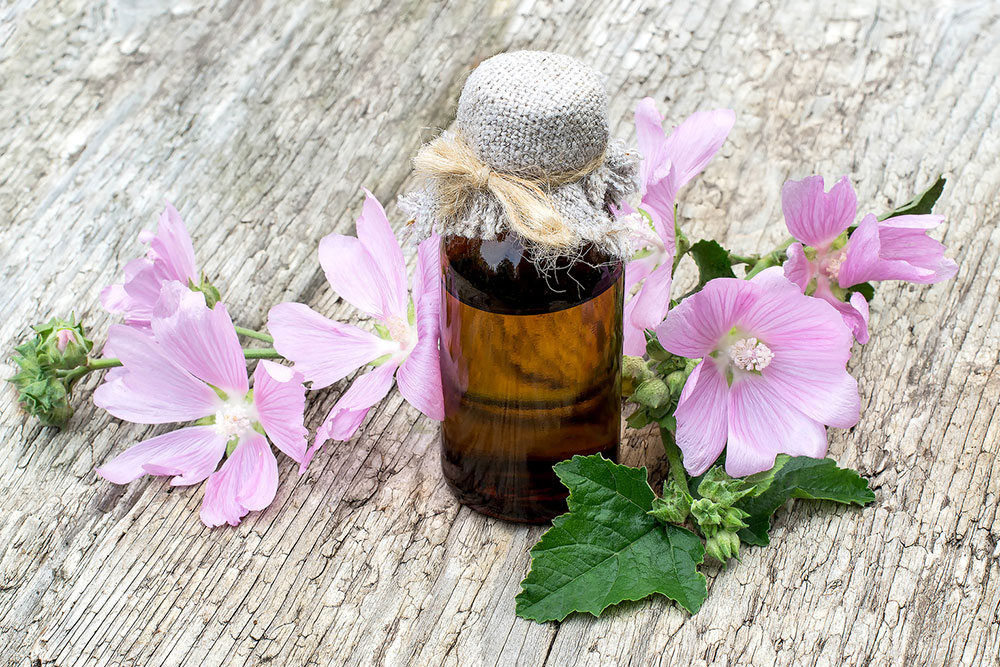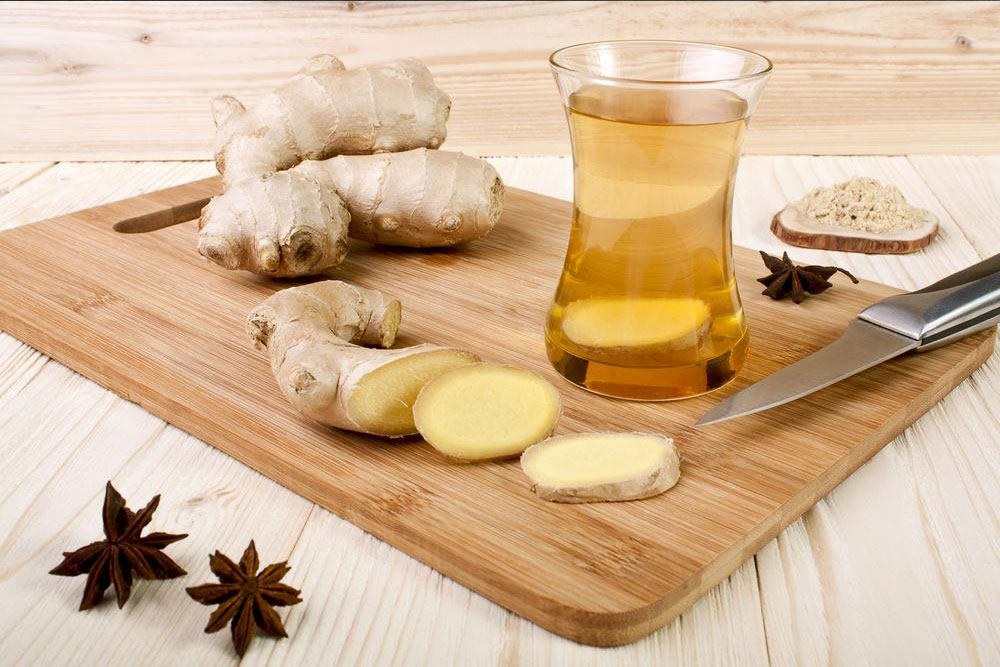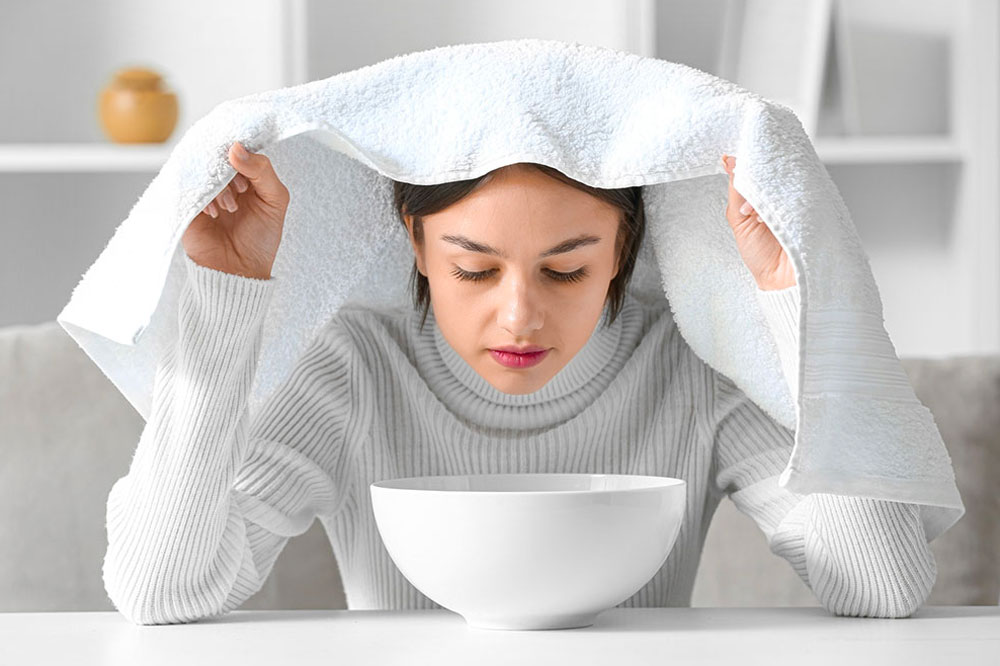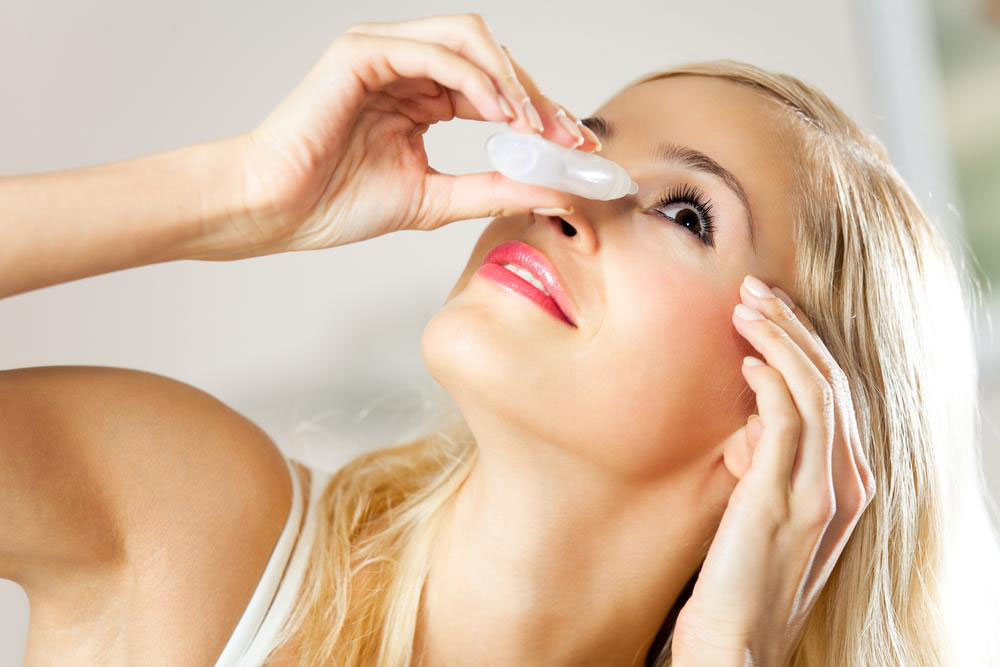Effective Strategies for Managing Psoriasis Flare-Ups and Treatment Options
Learn how to effectively manage psoriasis flare-ups with a combination of topical treatments, systemic medications, light therapy, and home remedies. Understanding medication options and lifestyle adjustments can help control symptoms and improve quality of life. Always seek professional medical advice for personalized care.

Effective Strategies for Managing Psoriasis Flare-Ups and Treatment Options
Psoriasis is an autoimmune skin disorder characterized by recurring outbreaks of red, scaly patches. It results from an accelerated buildup of skin cells, causing visible flakes. While there is no cure, various treatments help control symptoms, combining home remedies and prescribed medications to manage triggers effectively.
Treatment Strategies for Psoriasis
Treatments are generally categorized into topical and systemic methods. Topical treatments involve creams and ointments for mild to moderate cases.
For moderate to severe psoriasis, systemic therapies like oral medications or injections are used. Due to potential side effects, these are typically prescribed for short durations. Light therapy, using UV or natural light, is another option to target overactive white blood cells responsible for rapid skin cell growth. Patients are encouraged to use UVA and UVB light sessions to help alleviate symptoms.
Common Medications to Know
Several medications play essential roles in managing psoriasis:
Skyrizi
Risankizumab-rzaa is an injectable medication aimed at moderate to severe plaque psoriasis in adults. Its safety for children under 18 remains unconfirmed.
Stelara
Ustekinumab reduces inflammation by suppressing certain immune responses. It’s approved for both adults and children aged 12 and above.
Ilumya
Tildrakizumab, an injection, helps diminish inflammation in adults with significant psoriasis.
Tremfya
Guselkumab blocks specific proteins involved in immune responses, but can weaken the immune system, increasing infection risk.
Remicade
Infliximab reduces inflammation by targeting immune mediators in the body.
Taltz
Ixekizumab is another immunosuppressant used for moderate to severe cases.
Consult a healthcare professional before initiating any medication, as individual responses may vary, and allergy considerations are important.
Home remedies can also help ease symptoms, including:
Taking lukewarm baths with Epsom salts, mineral oil, milk, or olive oil.
Moisturizing immediately after bathing.
Avoiding alcohol and smoking to reduce flare-ups.
Adding turmeric to meals may help minimize outbreaks.
Managing stress effectively.
Always discuss diet and lifestyle changes with your healthcare provider to ensure safe and effective management.










